There are times where it's tough to pick up on a trend before your competitors; then there are those that stare you in the face.
Food distribution centres find themselves at a fork in the road: stick with legacy systems and processes, or digitise quality management. There are a few factors currently in play that favour the latter and platforms that support it like testo Saveris Retail.
Reviewing the issue
Food recalls have unfortunately become increasingly common over the last decade. Between 2007 and 2011, Australia and New Zealand averaged 55 official recalls each year combined, according to Food Standards Australia New Zealand. Between 2012 and 2016, this jumped to an average of 66 annually and hit a high of 81 in 2015.

This trend is expected to continue moving forward, according to Food Safety Tech. Countries all over the world are experiencing the same issue, and the U.S. in particular is enforcing stricter record keeping to understand how to curb its prevalence. If successful, companies can expect more paperwork concerning manufacturing and distribution.
At the same time, organisations are investing heavily in digital quality management platforms, Refrigerated and Frozen Foods magazine reported. The top five reasons for this were:
- Ability to better manage complexity in supply chain.
- Greater corporate control over food quality.
- Improve internal response time to products out of code.
- Enhanced local and national compliance.
- Cost savings.
What will your company do?
Trends suffer from a period of staggered adoption, then full-blown acceptance once the rest of the field has caught on. This gives early adopters a head start on the benefits, whereas their competition may spend a number of years catching up.
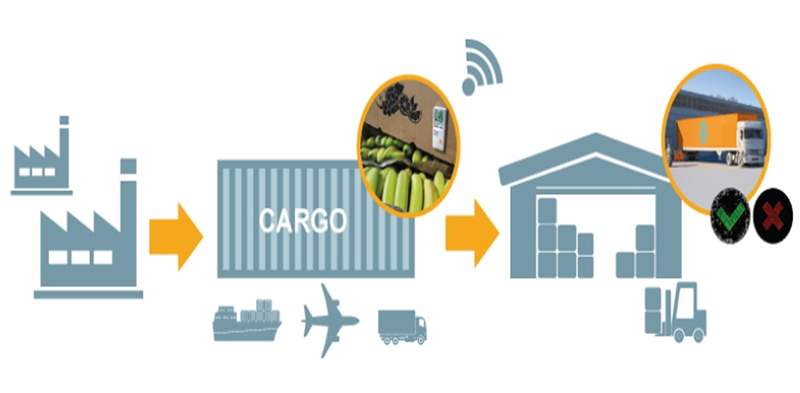
It's clear the food distribution industry is moving towards digital integration, making systems like the testo Saveris Retail platform essential to the process. The system combines tools like the Saveris temperature data logger system with tablets and software containing digitised version of local, national or international food safety standards. This allows for a variety of efficient food safety mechanisms, such as alerting multiple personnel the instant produce reaches an unacceptable threshold.
Ideally, deploying this system in tandem with the transportation of the goods should help cut down on any chance bacteria has to grow during delivery. Over the long run, this is sure to bring back positive returns in revenue and brand appeal. Contact a Testo representative today to learn more.







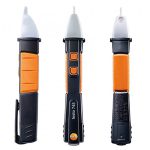

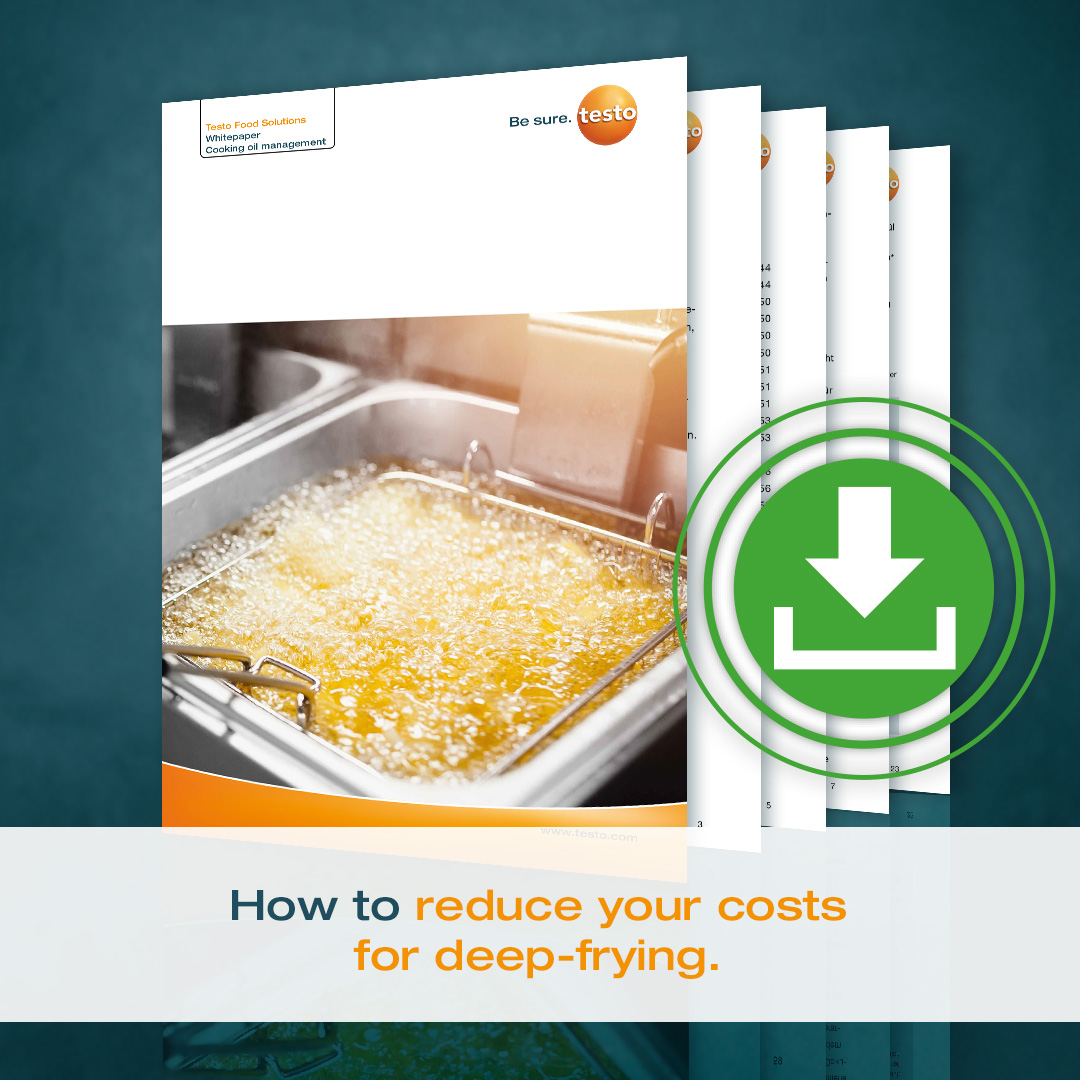 Reduce cooking oil costs while ensuring quality
Reduce cooking oil costs while ensuring quality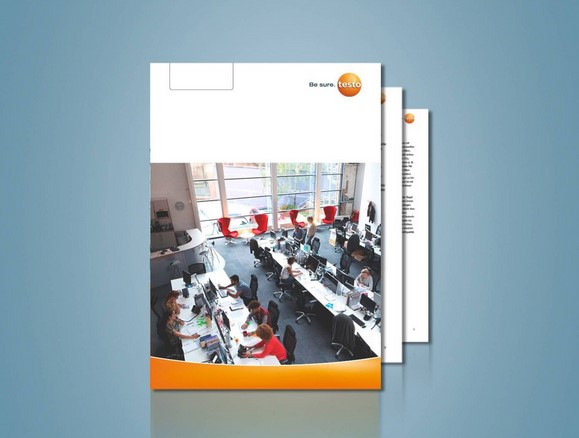 Expert knowledge on CO2 monitoring
Expert knowledge on CO2 monitoring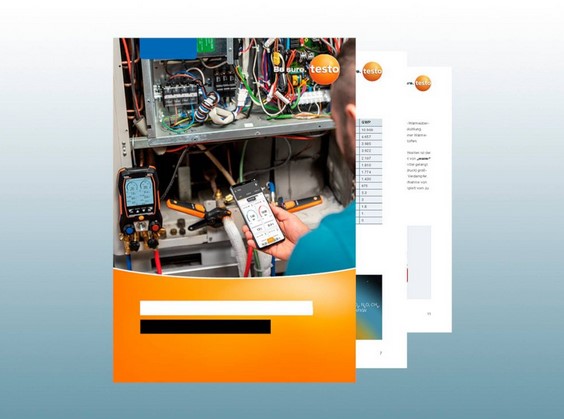 Refrigeration knowledge - in 3 modules
Refrigeration knowledge - in 3 modules



